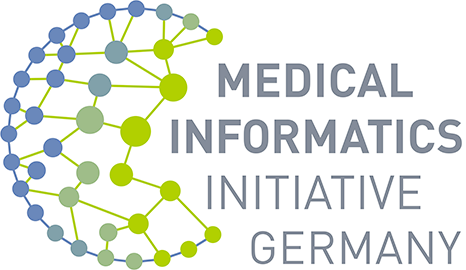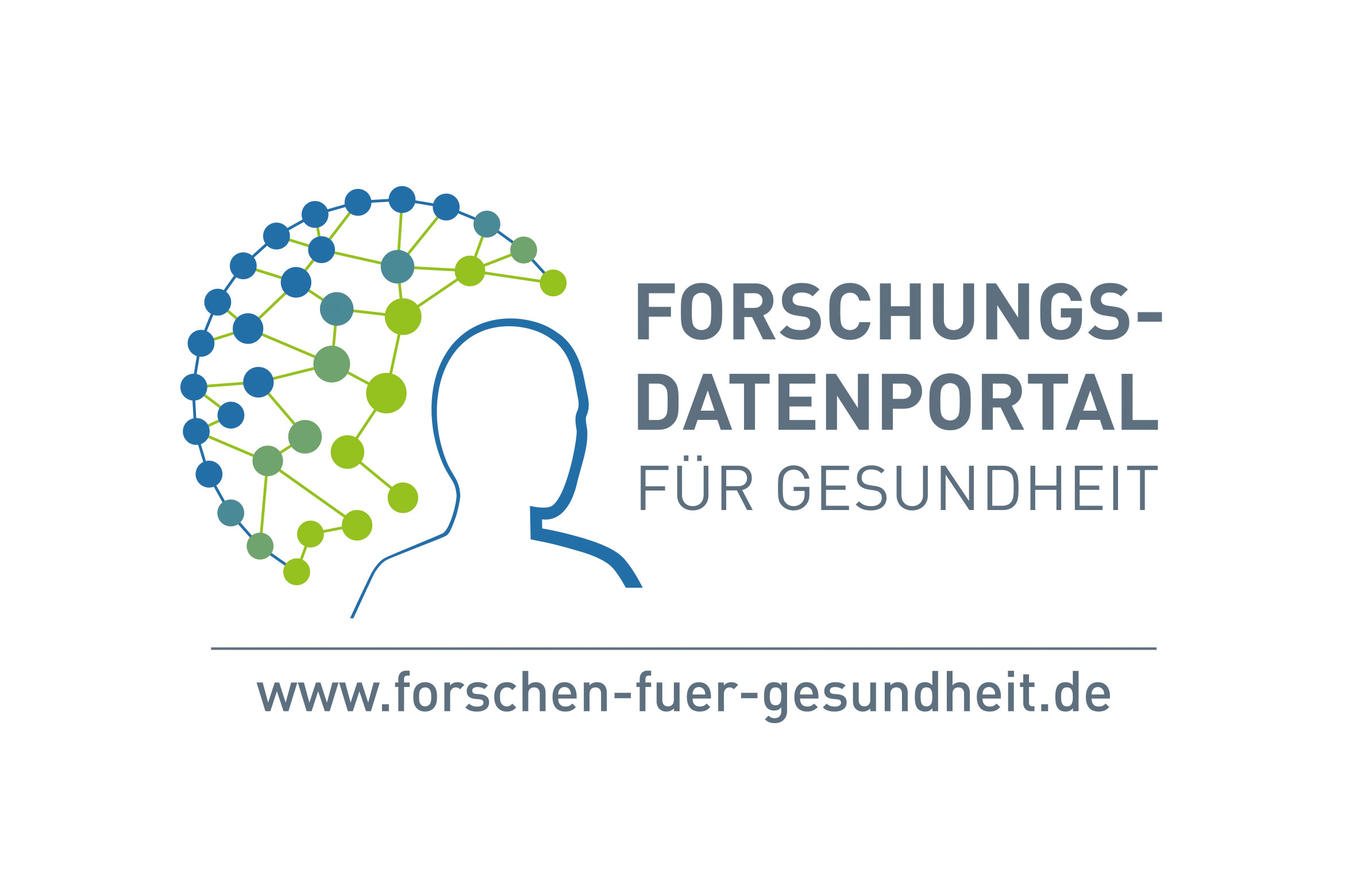Berlin, 16/05/2023. At the German Portal for Medical Research Data (FDPG), researchers can centrally request health data and biosamples from German university medicine for scientific studies. The portal was developed within the Medical Informatics Initiative (MII) and published in September 2022. Since mid-May 2023, it has also been available to researchers who are not involved in the MII.
As part of the MII, funded by the Federal Ministry of Education and Research, data integration centres have been set up at over 30 university medical sites across Germany. These facilities make patient data and biosamples from routine care available for medical research in accordance with data protection regulations.
„For the first time, the FDPG offers a central point of contact for querying and applying for the available data from the healthcare documentation of all German university hospitals. This is an enormous advantage for research and the healthcare system in Germany," says Sebastian C. Semler, Managing Director of TMF - Technology, Methods, and Infrastructure for Networked Medical Research e.V. and Head of the MII Coordination Office, which is operated jointly with the German Association of Medical Faculties and the German Association of Academic Medical Centres.
The portal is jointly developed by all partners in the MII and operated by the TMF.
Better data for medical research
Data based on the MII core data set can be queried via the FDPG. The core data set comprises basic demographic characteristics as well as a wide range of clinical and healthcare-relevant characteristics, which are bundled together in modules. The following modules of the core data set can currently be queried: Person, Diagnosis, Procedures, Lab Results, Medication, Consent and Biosamples. Currently, for example, several million data records are available in the module Person, which contains information on age and gender, among other things.
The data is standardised in FHIR format. Nevertheless, the heterogeneity of the data sources presents challenges when evaluating and using the data. The MII therefore continues to work together with data users and providers to improve the standardisation and availability of the data as part of a learning system.
How can data be requested?
The portal is therefore initially available in a pilot operation, as the data request and the associated data infrastructure are being tested and continuously improved on the basis of initial usage projects. The connection of the university medical sites to the MII data query will be successively completed as part of the pilot operation. With a feasibility request, researchers can find out how many cases for their search criteria are available in the data integration centres nationwide and can be requested for medical research purposes.
In order to apply for data for a research project, researchers must submit a positive ethics vote from their institution. The Use and Access Committees (UACs) at each requested university hospital decide on the application for data use. This means that data sovereignty remains with the individual sites. If they approve the data usage by the research project, the pseudonymised data is made available to the researcher centrally via the portal. Researchers who apply for data must allow sufficient time for the necessary steps up to the conclusion of the contract with the sites providing the data. It is currently recommended that research projects should allow at least five months to receive the data.
Transparent presentation of research projects
The portal creates transparency by publishing all research projects approved within the MII and their results in a project register. Patients can find out on an ongoing basis which projects are being carried out with patient data via the website and a newsletter. To date, twelve research projects have been approved and published.
Further information
To the German Portal for Medical Research Data (FDPG)
Press contact:
Sophie Haderer, Tel.: 030 − 22 00 24 732, Mobil: 0173 4054214, E-Mail: presse@medizininformatik-initiative.de
Background:
The aim of the MII is to digitally network routine data from patient care throughout Germany and make it available for medical research in order to treat diseases faster and more effectively in the future. All of Germany's university medical centres are working on this together with non-university hospitals, research institutions, companies, health insurance companies and patient representatives in the four consortia DIFUTURE, HiGHmed, MIRACUM and SMITH. The Federal Ministry of Education and Research (BMBF) is funding the MII with a total of over 480 million euros up to and including 2026. Data protection and data security are top priorities.
The MII has been building data infrastructures at university hospitals since 2018. The MII partners have already demonstrated the benefits of their IT solutions in practice using a wide range of use cases - from intensive care to oncology. The focus of the consolidation and extension phase (2023-2026) is on extended collaboration between the university hospitals and their cooperation with new partners, particularly from regional healthcare.
An important component of this infrastructure is the German Portal for Medical Research Data (FDGP). It is intended to serve not only MII partners, but also all researchers as a central point of contact if they want to use data and biosamples from university medicine. The FDPG is also aimed at the general public. It makes transparent which projects are conducting research with patient data and what results have emerged.
In addition, the BMBF is funding six "Digital Hubs: Advances in Research and Health Care” (2021-2025) as part of the MII. Their task (initially in pilot projects) is to integrate the pioneering work of the university hospitals into other areas of the healthcare system: from outpatient care in practices to rehabilitation and aftercare. To strengthen research and teaching in the field of digital health, the BMBF is also supporting newly established professorships with a total of 21 junior research groups (2020-2026).
A coordination office is responsible for the national coordination of developments within the MII, which is operated by the TMF (Technology, Methods and Infrastructure for Networked Medical Research) together with the MFT (German Association of Medical Faculties) and VUD (German Association of Academic Medical Centres) in Berlin.


